Herbert Macaulay was born on November 14, 1864, in Lagos, Nigeria, into a well-educated family. His grandfather, Bishop Samuel Ajayi Crowther, was the first African Anglican bishop, and his father was the founder of the first secondary school in Nigeria, CMS Grammar School, Lagos.
Macaulay studied civil engineering in England at the Royal College of Science and Technology (now part of Imperial College London). Upon returning to Nigeria, he worked for the colonial government as a surveyor but resigned in 1898 after witnessing corruption and injustices in the administration.
He became a journalist, nationalist, and political leader, using his newspaper, the Lagos Daily News, to expose colonial injustices. In 1923, he founded Nigeria’s first political party, the Nigerian National Democratic Party (NNDP), advocating for self-governance and African rights.
Later, in 1944, he co-founded the National Council of Nigeria and the Cameroons (NCNC) with Nnamdi Azikiwe, pushing for full independence from British rule.
Macaulay was a fierce critic of British colonial policies, often clashing with authorities. He was arrested and imprisoned in 1908 for exposing corrupt land deals but remained committed to his cause. He also defended traditional Nigerian rulers, arguing against colonial interference in indigenous governance.
He died on May 7, 1946, but his legacy as the “Father of Nigerian Nationalism” remains, with many streets, institutions, and landmarks named in his honor. His efforts laid the foundation for Nigeria’s eventual independence in 1960.
1. Full Name: His full name was Olayinka Herbert Samuel Heelas Badmus Macaulay.
2. Birth: He was born on November 14, 1864, in Lagos, Nigeria.
3. Education: He studied civil engineering in England at the Royal College of Science and Technology (now Imperial College London) in the 1890s.
4. First Nigerian Civil Engineer: He was one of Nigeria’s first civil engineers, working for the colonial government.
5. Journalist and Activist: He was a vocal critic of British colonial rule, using journalism as a tool to fight oppression.
6. Lagos Daily News: He co-founded the Lagos Daily News, the first Nigerian daily newspaper, in 1926.
7. Political Party Founder: In 1923, he founded Nigeria’s first political party, the Nigerian National Democratic Party (NNDP).
8. Advocate for Traditional Rulers: He strongly supported traditional Nigerian rulers against colonial policies.
9. Imprisonment: He was imprisoned in 1908 for exposing government corruption in land deals.
10. Father of Nigerian Nationalism: He is often called the “Father of Nigerian Nationalism” for his role in fighting for independence.
11. Support for Nnamdi Azikiwe: He later allied with Nnamdi Azikiwe, helping to form the National Council of Nigeria and the Cameroons (NCNC) in 1944.
12. Opposition to Indirect Rule: He opposed the British indirect rule system, which used traditional leaders to enforce colonial policies.
13. Music and Arts Enthusiast: He was also passionate about music and was a choirmaster at Christ Church Cathedral in Lagos.
14. Death: He died on May 7, 1946, at the age of 81.
15. Legacy: Many places in Nigeria, including Herbert Macaulay Way in Lagos and Abuja, are named in his honor.


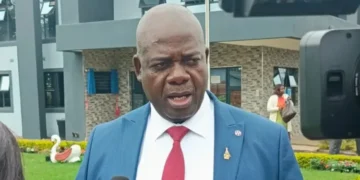
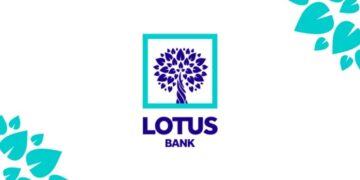
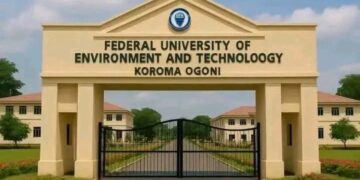
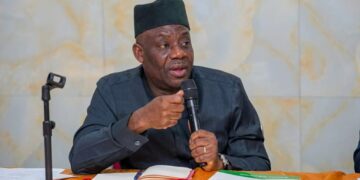
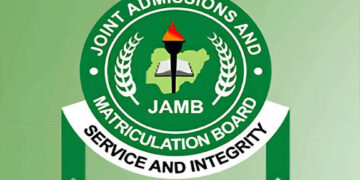























































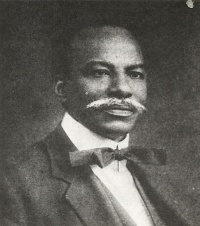




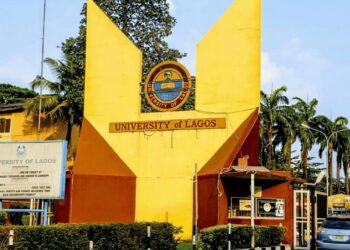

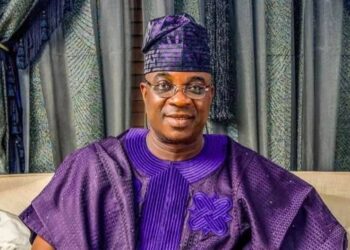
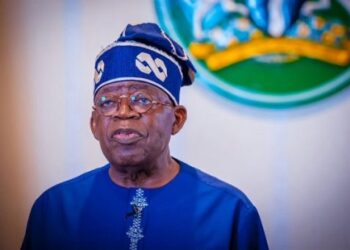











 EduTimes Africa, a product of Education Times Africa, is a magazine publication that aims to lend its support to close the yawning gap in Africa's educational development.
EduTimes Africa, a product of Education Times Africa, is a magazine publication that aims to lend its support to close the yawning gap in Africa's educational development.